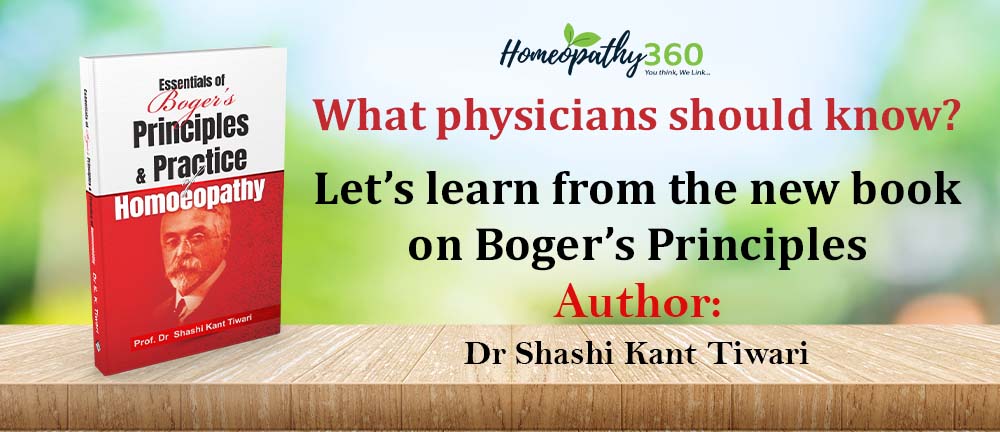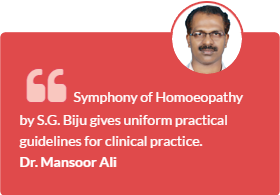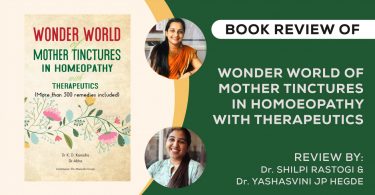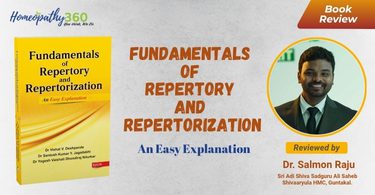
Obviously the physician needs all the available evidence of disease before attempting to prescribe. We are very prone to rely more on the finer or subjective symptoms that our allopathic friends, who lean more upon the coarser or objective one, including the laboratory findings. The earnest student soon realizes that disease is really and primarily internal and super physical. If it were not so, it would not show an inherent tendency to externalize itself, irregularity of evolution being essentially individualistic.
It is one thing to assemble all the diverse symptoms of disease, but quite another to be able to pick out those peculiar ones which also interpenetrate the others. Hahnemann said that a paucity of symptoms or the presence of an overshadowing one points toward suppression. Here the life force seems able to show
only a faint sign, as it were, of its distress. We see such things
Let us see this through cases–
1. Time allowance does not always permit of consulting books of reference, as happened recently in the instance of a feeble child with whooping cough; it suddenly developed generalized pleurisy of a severe type. It was either the similimum given promptly or an early death. She awoke in anger, breathed with the greatest pain and the alae nasi moved in and out convulsively. In four hours after a dose of Lycopodium she started to sweat profusely and was out of danger by the next day.
We are often compelled to choose the remedy from the standpoint of diagnosis, much as this should be avoided because of the numerous pitfalls sure to be encountered. Hahnemann did the same thing, however, when he saw the similarity between the effects of cinchona bark and typical malaria, between the action of Belladonna and the smooth type of scarlet fever, or later in life when he pointed out the resemblance of the effects of Camphor, Cuprum and Veratrum album to three different types of cholera.
2. For two weeks a workman tried vainly to pass a kidney stone, whereupon he showed great debility. He then appealed to me.
He was of mediocre intelligence and was not easily questioned. Two drops of tincture of Polygonum sagittatum taken in water night and morning enabled him to pass a stone of about half the size of a grain of corn. He quickly became active and robust looking again.
Unless acute disease becomes dangerous or throws upon the screen some individualistic indication it generally should not be interfered with. Ultimately the constitutional peculiarity is bound to reveal itself in a form pointing clearly to its remedial counterpart. Nature calls for relief in her own language, which it behooves us to learn, rather than to distort by our own predilections or too often only educated prejudices. The finest discrimination is needful if we wish to attain success.





